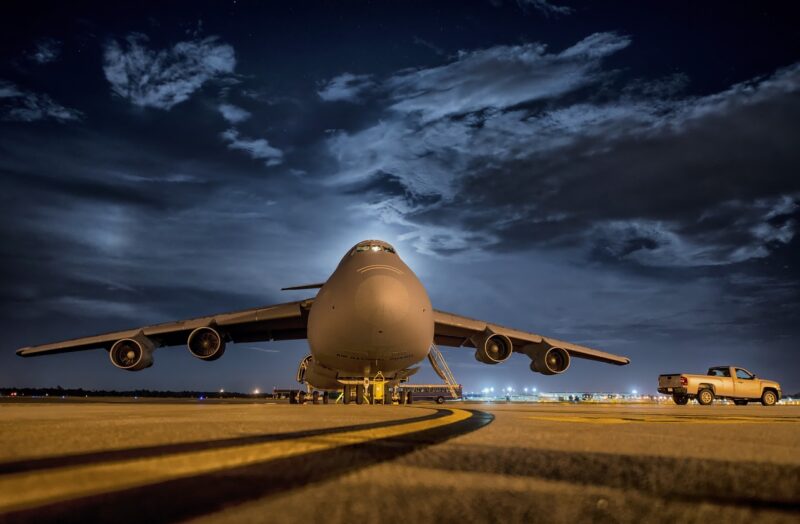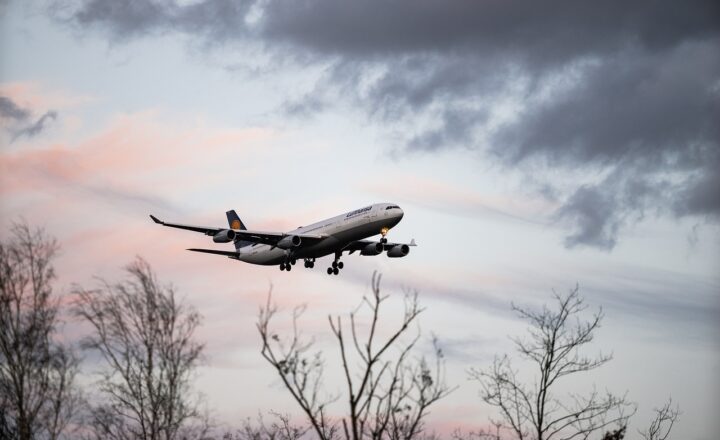
Cargo pilots play an essential role in the global economy, transporting goods across vast distances to ensure that businesses can operate efficiently and consumers have access to the products they need. Although the life of a cargo pilot can often be overshadowed by the glitz and glamour typically associated with passenger aviation, it is a profession filled with unique challenges, responsibilities, and rewards that few understand.
1. What is a Cargo Pilot?
A cargo pilot is a pilot who specializes in flying aircraft designed for the transportation of goods rather than people. These pilots work for freight companies, airlines that operate cargo services, or even in-house for large enterprises looking to manage their own logistics. Their missions often take them to destinations worldwide, carrying everything from perishables and industrial goods to pharmaceuticals and machinery.
The distinction between cargo pilots and passenger pilots isn’t just in what their aircraft carry; it’s also reflected in their flight experiences, training, and lifestyles. Cargo pilots often have to adapt to different operational protocols and face unique scheduling conditions that can significantly differ from those of airline pilots.
2. The Journey to Becoming a Cargo Pilot
To embark on the journey of a cargo pilot, one must first pursue the necessary educational and training requirements. Here’s a breakdown:
- Obtain a Private Pilot License (PPL): This is the initial step where pilots learn to fly small aircraft, gaining essential skills in navigation, communication, and aviation regulations.
- Earn an Instrument Rating: This certification allows pilots to fly in various weather conditions and is crucial for navigating through clouds and low visibility, common during cargo flights.
- Acquire a Commercial Pilot License (CPL): This license is required for anyone intending to be a professional pilot. It includes extensive training and flight hours to ensure proficiency.
- Gain Experience: Most cargo pilots will accumulate flight hours flying smaller aircraft or working as flight instructors before applying for positions with cargo airlines or freight companies. Experience can often dictate one’s ability to secure openings at reputable airlines.
- Obtain an Airline Transport Pilot License (ATPL): This is the highest level of pilot certification and is typically required for those who want to be in command of multi-crew aircraft. It requires extensive flight hours and a comprehensive understanding of aviation regulations and practices.
Each step in this process requires dedication, resilience, and passion for aviation. While the journey may seem daunting, many find the rewards well worth the effort.
3. The Daily Life of a Cargo Pilot
The daily life of a cargo pilot often varies significantly based on the type of cargo they are transporting and the routes they are flying. Here’s what a typical day might look like:
- Pre-Flight Duties: Before every flight, cargo pilots conduct thorough pre-flight checks, which include inspecting the aircraft, reviewing flight plans, and ensuring that all cargo is properly loaded, secured, and weighs within limits. Good logistics management is crucial to prevent overloading or shifting during flight, which can severely affect aircraft performance.
- Flight Operations: Pilots operate multi-engine aircraft that range from smaller turboprops to large freighters capable of carrying tons of goods over long distances. They must manage various aspects of flight, from navigation and communication with air traffic control to addressing any in-flight irregularities that may arise.
- Crew Collaboration: Cargo pilots often work as part of a larger team that includes ground crew, logistics coordinators, and other flight crew members. Coordination with these teams is vital for quick and efficient loading and unloading of cargo, especially for time-sensitive shipments.
- Post-Flight Responsibilities: After landing, cargo pilots perform post-flight checks, ensuring the aircraft is secure and ready for its next mission, whether that involves preparing for a return flight or offloading cargo for delivery.
Cargo pilots typically spend significant time away from home due to varying flight schedules, which can lead to long hours and irregular shifts. However, many appreciate the autonomy that comes with the role and the opportunity to see different parts of the world.
4. The Skills Required for Cargo Pilots
To thrive as a cargo pilot, one must possess a variety of skills, including:
- Excellent Navigation Skills: Cargo pilots must be adept at navigation to ensure efficient and safe routes, often using advanced technology alongside traditional navigation skills.
- Strong Analytical Abilities: The ability to assess various flight conditions and make informed decisions is critical, particularly when faced with unexpected challenges during flight.
- Adaptability: Cargo flights can present unforeseen challenges due to weather changes, aircraft issues, or logistical complications, so adaptability is key.
- Teamwork and Communication Skills: Cargo pilots must collaborate closely with ground staff and other crew members to ensure the safe and timely delivery of cargo, making effective communication vital.
5. The Importance of Cargo Aviation in the Economy
Cargo aviation is more than just placing packages in the belly of an aircraft; it plays a crucial role in the global supply chain and economy. With e-commerce booming and the demand for quick shipping increasing, cargo pilots are at the forefront of this transformative industry.
Without cargo pilots, the timely delivery of critical supplies like medical equipment, food, and consumer goods would grind to a halt, impacting lives and economies worldwide. They help manage the supply chain by ensuring that goods reach their destinations quickly and safely, which is particularly vital in times of crisis when the demand for specific products spikes dramatically.
Additionally, freight companies often utilize cargo pilots in innovative ways to meet customer needs. For instance, many operate specialized flights that cater to perishable goods, pharmaceuticals, and high-value items, making the role even more critical.
6. Challenges Faced by Cargo Pilots
Despite the exciting nature of flying cargo, there are also significant challenges that cargo pilots face:
- Irregular Schedules: Cargo pilots may work odd hours and face increased time away from home due to the nature of freight logistics, leading to challenges in maintaining work-life balance.
- Variable Workloads: Depending on market demands and business cycles, some cargo pilots may experience fluctuations in hours or may be called to work on short notice, adding pressure to their daily routines.
- Health Concerns: Long hours in the cockpit can lead to health issues if pilots do not manage their well-being effectively, making it more essential for them to maintain a healthy lifestyle and seek regular check-ups or health advice.
Cargo pilots must cultivate resilience and adaptability to navigate these challenges successfully while maintaining their commitment to safety and professionalism.
Conclusion
The life of a cargo pilot is one marked by adventure, challenge, and significant responsibility. These skilled professionals ensure that goods move efficiently through the skies, contributing immensely to the global economy and the smooth functioning of everyday life. Despite the sacrifices they make in terms of time away from home and the unique challenges they face, many cargo pilots find their careers fulfilling and rewarding. As e-commerce and logistics continue to evolve, the role of cargo pilots will undoubtedly remain critical in shaping the future of aviation and global trade.






